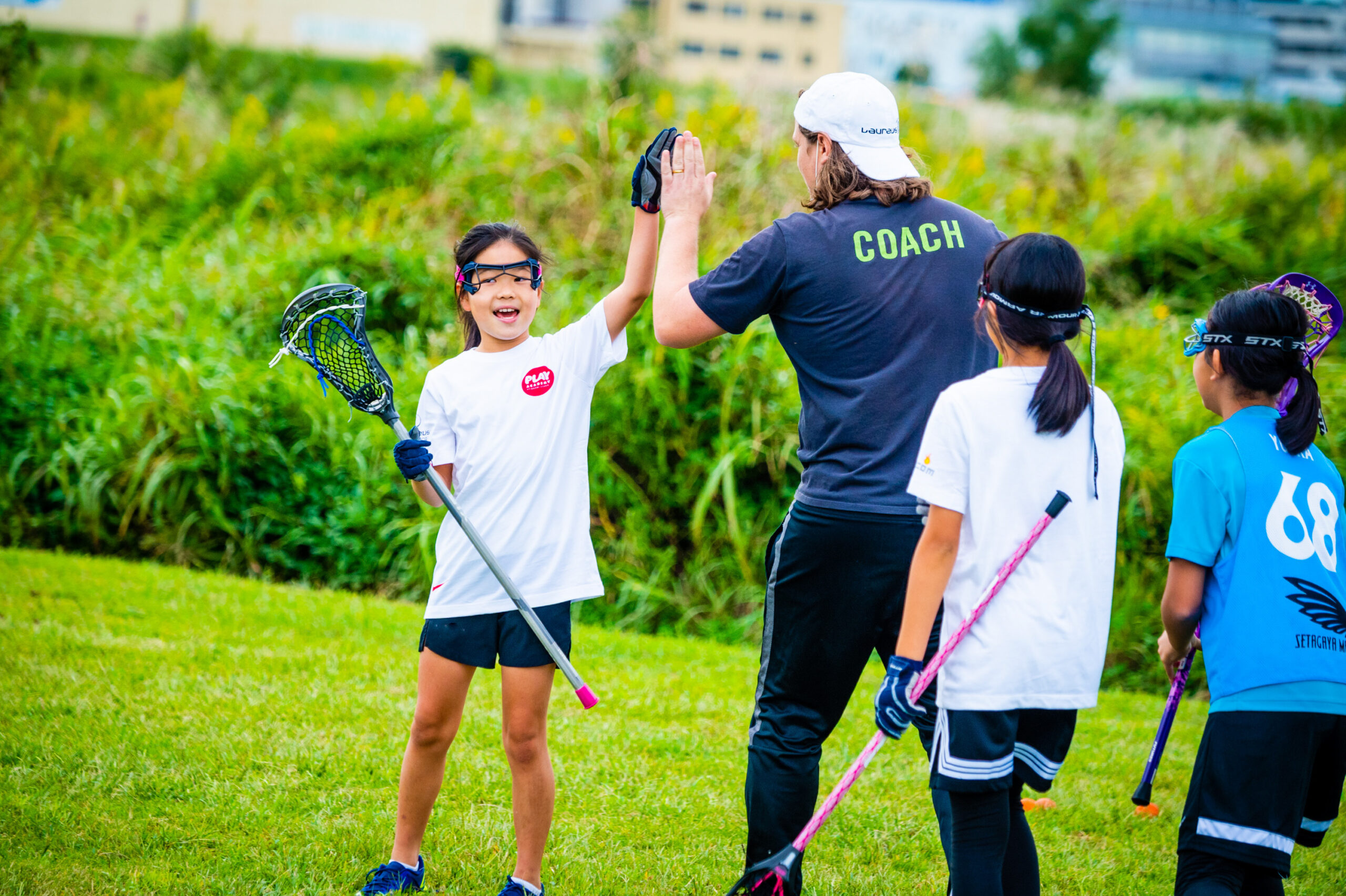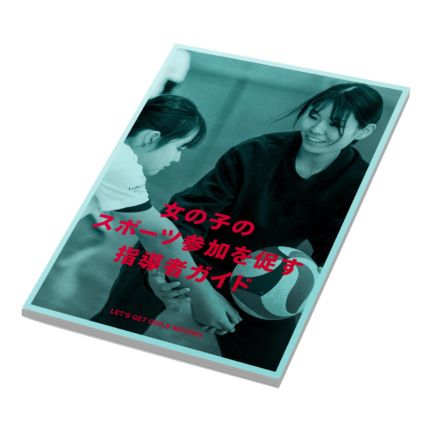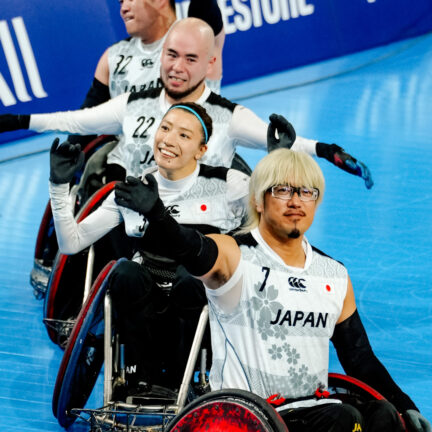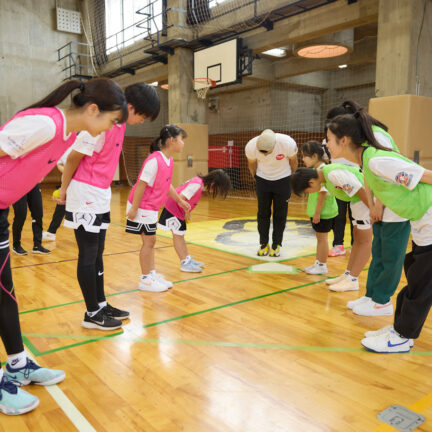Play Academy with Naomi Osaka’s pioneering efforts toward gender inclusion through sport in Japan has been highlighted in the prestigious Sasakawa Sports Foundation’s latest White Paper published in March.
Released every three years and available only in Japanese here, the White Paper is a compilation of case studies, research, data and other resourceful information about sport in the country, with 70 researchers and practitioners, including Laureus Sport for Good, contributing to the publication. It serves as a credible reference for policy makers, researchers and experts in the field of sport.
Among the 12 chapters and different sport topics, Play Academy is featured as a case study in the article on sport and gender equality of the ‘International Development through Sport’ chapter, with the focus on impactful collaborative approaches between athletes, businesses and community-based work to help level the playing field for girls.
The article summarizes national statistics around the barriers for girls to participate in sport, with Play Academy suggesting possible solutions to those inhibitors based on Laureus’ global work of using the power of sport for social change in the past 22 years.
Kaho Shinohara, Laureus Sport for Good Programs and Grants Manager, said: “An initiative like Play Academy is desperately needed in Japan because of several barriers that girls face in accessing sport, and therefore missing out on the life benefits it leads to.”
“My hope for the White Paper is that Play Academy’s work in Japan further raises awareness on the need and importance of getting girls in sports and encourages more female role models to pave the way for the next generation in Japan.”
According to the White Paper’s case study on Play Academy, the specific barriers to sport for girls in Japan are:
- Lack of a sport environment that matches the interests of girls and the infrastructure to support it
- Conventional gender perceptions hindering girls’ sports participation
- Lack of anti-harassment measures and low awareness of safeguarding children and vulnerable youth
- Low number of female coaches
- Lack of understanding of female physical changes.
“While playing sports re-affirms the fun and importance of physical activity with friends, there may be few opportunities for girls to engage in it, especially for those who feel uncomfortable with sports,” Shinohara explained.
“By listening to the voices of the people concerned and the target audience in the process of making decisions, and reflecting and improving them in cooperation with like-minded partners, we can make sports enjoyable for everyone with various backgrounds. That includes gender and different abilities, and this will lead to the further development and promotion of sports as a culture that is inclusive of people and a successful factor in solving social issues.”
Since first launching in 2020 in Tokyo, Play Academy in its partnership with tennis star Naomi Osaka, Laureus Sport for Good and NIKE, Inc., has expanded its footprint and impact in the country to level the playing field for girls. The program is currently partnering with four local organization in Japan that support girls in their communities through sport, providing them with grants, capacity-building training, and encouraging female leadership and fun experiences for girls.



